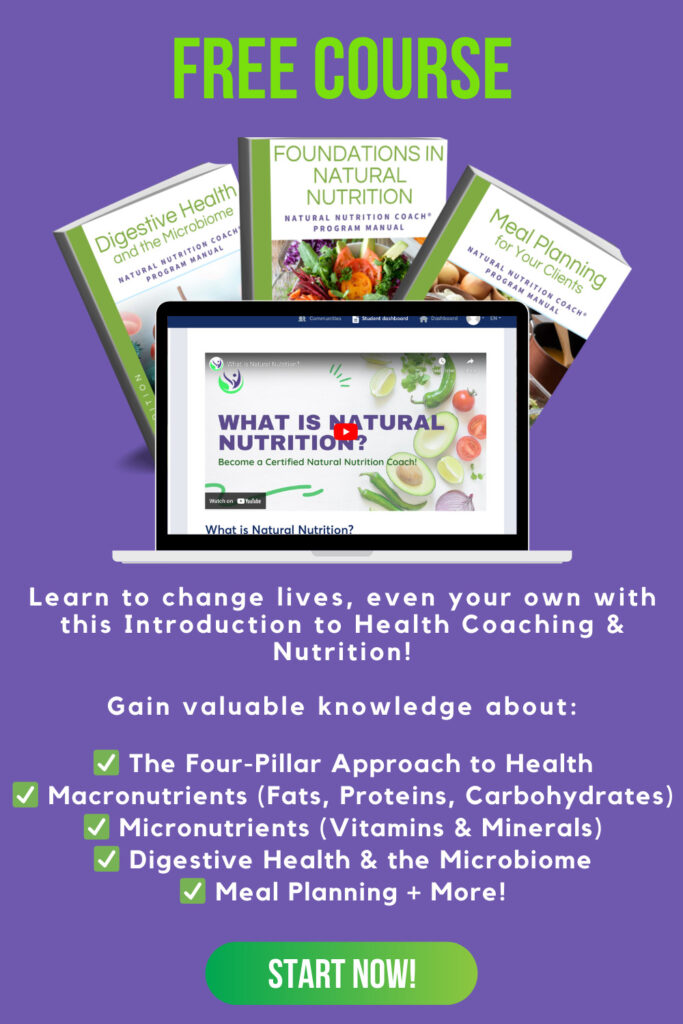Dietary supplements aren’t everything, but given today’s health epidemics and changes to our food system, are they necessary?
Achieving a well-rounded diet and meeting the body’s nutritional requirements demands dedication and effort. It involves daily planning, grocery shopping, and cooking. Despite one’s best intentions and wholehearted effort, many people are confused about which foods they should eat. People continue to suffer from low energy, digestive problems, and other symptoms. Theoretically, these symptoms should not be present with a healthy, balanced diet.
When we find ourselves pressed for time, overwhelmed with work, or navigating through emotionally challenging situations, the task of healthy meal preparation tends to slip down our list of priorities. A demanding or stressful lifestyle (or even brief periods of stress) can deplete important nutrients. These nutrients (such as B vitamins) play crucial roles in fighting stress or managing its adverse effects. For those with busy lifestyles, a high-quality, food-grade multivitamin can help fill in the nutritional gaps. This will ensure we are providing the nutrients needed when healthy meals are compromised due to lack of time.
Every body is different, and various circumstances and life events can influence how nutrients are processed within it. For example, individuals who smoke require double the amount of vitamin C compared to nonsmokers. During periods of stress, the nervous system consumes additional B vitamins and magnesium. The adrenal glands deplete already limited stores of vitamin C, underscoring the heightened need for these nutrients during stressful times. The requirements for these nutrients surpass what can be solely obtained from food sources. Regular antacid use may result in reduced absorption of:
- Magnesium
- Calcium
- Iron
- Zinc
- Vitamin B12
- Folic acid
- Vitamin D
Many people tend to consume low amounts of these nutrients and additional losses can lead to significant health problems down the road.

Can’t I Just Get My Nutrients From Food?
Even when we can dedicate sufficient time to food preparation, the consequence of modern agricultural methods is that the quality of soil is compromised, leading to a decline in the nutrient content of fruits and vegetables compared to their past nutritional richness. Simply put, fruits and vegetables grown today have fewer nutrients than they previously provided.
A century ago, our food was naturally nutrient-dense. During the 1960s, farming began to change. The local, family-run farms were replaced by factory and industrial farms. Eventually, food had to be fortified to prevent nutritional deficiencies, and then genetically modified foods were introduced. Sadly, each successive generation of fast-growing, pest-resistant produce is less nutrient-dense than the one before.
In just half a century, the nutritional profile of potatoes has significantly declined. Today’s potatoes contain none of the vitamin A they once offered. As well as a 57% reduction in vitamin C and a 28% decrease in iron content. (1) Faced with this reality, what choices do we have? We can opt to consume a greater quantity of fresh produce or consider incorporating dietary supplements into our regimen.
Bridging the Deficiencies in Your Diet with Supplements
Think of nutritional supplements as a bridge. Supplements can never replace the importance of a wholesome diet. They can effectively serve as a means to bridge the nutritional gaps and support optimal health.
The human body relies on certain nutrients that it is unable to produce on its own. For example, the human body does not make vitamin C, yet we know how important it is as an antioxidant, for collagen synthesis, iron absorption, growth and repair of tissues, and much more. While numerous food options provide vitamin C, many of us fail to consume sufficient quantities of these foods to meet our body’s optimal requirements.
Another example is the essential fatty acid omega-3. Vital for promoting healthy skin, brain function, joint mobility, heart health, and hormone regulation, omega-3 is not synthesized by the body and must be acquired from external sources. Incorporating enough omega-3 into our diet solely through natural food sources are challenging since they are primarily found in cold water fatty fish, which are not commonly consumed in sufficient quantities to truly benefit our health. Opting for an omega-3 supplement offers a practical and convenient solution.
Supplements for Different Health Concerns

In today’s market, there is an array of supplements designed to address various health concerns. Not only can they help slow down the aging process, but they also have the potential to strengthen your immune system and reduce inflammation, offering potential relief for conditions such as arthritis, osteoporosis, and even depression.
Whether you’re seeking better sleep, increased energy levels, sharper cognitive function, improved stamina, or enhanced sports performance, there’s a supplement for it. The options are vast, but it’s wise to begin your journey with a high-quality multivitamin. From there, you can tailor your supplement regimen to target any specific deficiencies you may have. Key nutrients like omega-3, vitamin D, magnesium, and probiotics can play a pivotal role in filling those gaps and optimizing your well-being.
Should I Take Dietary Supplements Permanently?
Most dietary supplements are not intended for long-term or permanent use. They are to be taken as needed to address deficiency symptoms or until imbalances have been corrected. The main point to remember is that nutritional supplements are intended as an adjunct to food and are not meant to replace it.
As a Health Coach, expanding your offerings to include dietary supplements is an opportunity to provide even greater support to your clients while increasing your revenue. Making high-quality products available to your clients can help grow your practice by providing a convenient one-stop-shop experience.
The course ‘Foundations in Natural Nutrition’ includes a supplement guide for making informed choices when purchasing dietary supplements and in-depth information on vitamins and minerals, shedding light on their specific roles and functions within the body, and providing instructions for using supplements to optimize health or address specific health imbalances.
Reference:
- Thomas F. Pawlick, The End of Food: How the Food Industry Is Destroying Our Food Supply-And What You Can Do About It. Fort Lee, NJ: Barricade Books, 2006 ( 256 pp.).
Lynne is a Registered Holistic Nutritionist, meal prep mastermind, wife and mother of three. Lynne’s dreams and creativity have brought Holistic Nutrition Hub to fruition so that all Nutrition Practitioners can better help their clients and attain their business goals.



